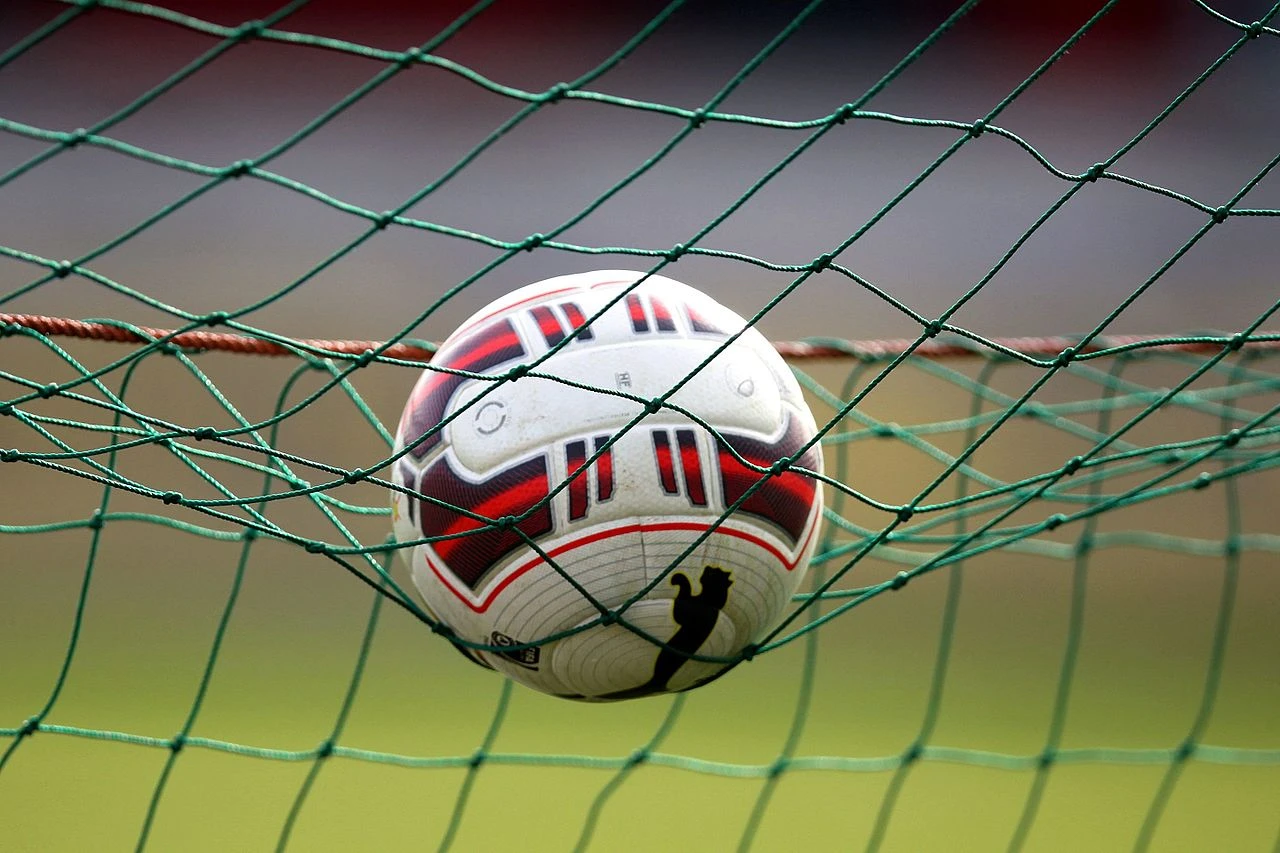Uefa looking to bring in partner for match-fixing study

Uefa, football’s governing body in Europe, has launched a new tender to identify an individual or organisation to support its battle against match-fixing within the sport.
The tender aims to select an entity to conduct a feasibility study aimed to examining ways of enhancing football’s capacity to investigate and prosecute match-fixing cases.
Uefa, which first announced the plans after its Executive Committee meeting last month, said that the study could see it forge closer links with public authorities, national police, governments and state prosecutors.
The organisation that wins the tender will be required to work within regualtory structures such as the Council of Europe’s Macolin Convention, and alongside partners including European law enforcement agency Europol.
In addition, the winning bidder will cooperate with other sporting bodies and governments across the countries of Uefa’s 55 national associations.
“We must do more to fight match-fixing aggressively because collectively and individually, we haven’t done enough,” Uefa president Aleksander Čeferin said. “The most important thing is co-operation with governments because our problem always was and always is that, even if we know many things, each case has to be prosecuted.
“The main problem is that our jurisdiction ends at football. We cannot tap phones, we cannot put people in prison, and with many computer servers being 10,000km from Europe, it’s a problem we cannot solve on our own.
“This study will look at how to bring together the different actors on this stage, so we are all working in partnership, not isolation, to tackle one of the biggest threats to the integrity of sport.”
Organisations that wish to bid for the tender have until 28 October to declare their interest. Candidates that make it to the next stage will be informed by 30 October and will need to submit a full proposal by 27 November.
Uefa will then evaluate all proposals before appointing a partner before the end of the current year.
Image: Steindy
